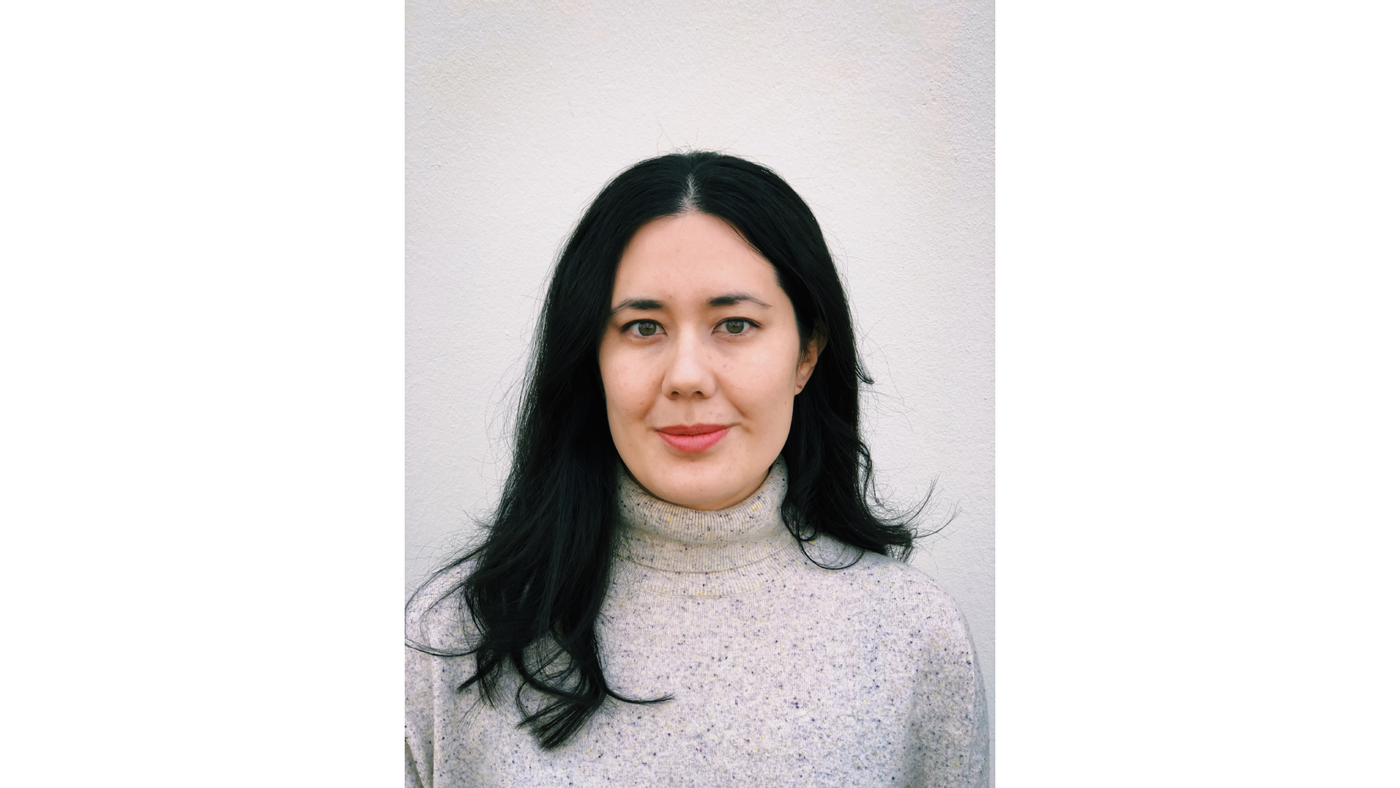
世界走走|她的故事與妳同行
199 | Li Jieke: As the third generation of Taiwanese immigrants, I read my grandfather's letter in the mountains of Taiwan

Text / Su Xiaofan (Original post published on August 19, 2022)
"Sehnsucht" in German means longing for a distant place; "Hiraeth" in Welsh means nostalgia for a home that cannot be returned;
The author of "Deep Mountains and Forests", Li Jieke, the third generation of Chinese-Canadian immigrants, has a Taiwanese mother and a British father. After her parents divorced, she stayed in Canada with her mother and grandparents when she was young, and then moved to her father's hometown of England, before settling in Germany as an environmental historian and writer.
One day, Li Jieke accidentally discovered 20 letters written by her grandfather before his death. The letters were all about his identity and life before he immigrated to Canada. It was a life experience she never really knew. Grandpa's story grew out of nostalgia, and he took her to the island of Taiwan to piece together family memories, and also to know what he looked like.
"It's a story about Taiwan, and it's a story about a family."
"The Depths of Mountains and Forests" is Li Jieke's second book. Her first book, Turning Around: A Swimming Memoir, took a year and 52 trips across 52 lakes in Germany, feeling and healing heartbreak. The discomfort caused by the icy lake water is like Li Jieke's various questions about her identity.
"My identities are diverse and are always connected to places I am not familiar with, so I spend a lot of time thinking about the issue of belonging." As a descendant of immigrants, she has experience in many relocations. For Li Jieke, "seeking roots" This is necessary.
In 1974, my grandfather was a member of the "Flying Tigers" of the American Volunteer Brigade of the Air Force of the Republic of China, and served as an Air Force flight instructor. After being forced to retire, he decided to immigrate to Canada and settled next to Niagara Falls when his grandfather was 55 years old. Apart from flying a plane, my grandfather had no other skills, so he could only be a cleaner. It was not until he was 89 years old that he became demented and could not take care of himself, so he brought him back to Taiwan without authorization, leaving him at the Kaohsiung Veterans Home. Grandpa died and never saw his family again.
In Li Jieke's impression, the grandfather and grandmother did not interact much, and they lived their own lives. The similarities between the two were that they did not mention the days before immigration. Li Jieke was originally angry with her grandmother for doing so, but when she talked about the past with her grandmother, she realized that her grandmother also had a lost world. She is the daughter of a wealthy businessman in Nanjing. She fled to Taiwan due to the civil war between the Kuomintang and the Communist Party, and has never returned home. Li Jieke's resentment turned into guilt, and the life stories that her grandfather and grandmother seldom mentioned, those life stories that had to advance and retreat with the big times, were also missing in Li Jieke's heart.
It was not until her grandmother passed away that Li Jieke decided to come to Taiwan when she packed up her grandfather's letterhead that she had deliberately hidden.
[This article is not finished, see "Walking the World" for the full text: Li Jieke: As the third generation of Taiwanese immigrants, I read my grandfather's letter in the mountains and forests of Taiwan ]
189. Liao Weitang: Du Fu and I are both father poets
190. Lin Changzuo: After becoming a father, every child looks like his own
191. Yuan Mowen: Parenting is not 100% sweet, but if I choose again, I still have to give birth
193. Huang Zhebin: Father-son relationship is like adventure time treasure
195. Yan Jiyu: I am the translator of the Chinese version of "The Devil's Psalm"
197. The field on the dinner table: Burmese side dishes in the refrigerator, a family migration history
199. Li Jieke: As the third generation of Taiwanese immigrants, I read my grandfather's letter in the mountains of Taiwan.
"World Walk" is a new start-up and hopes to become a gender-conscious international news media. It hopes to interpret fascinating stories from all over the world from a new perspective that escapes dualism 🌎
From now on, we will continue to meet you in " World Walk Sehseh.world ". In the future, in-depth articles will only be published in the new station. Evening News, Weekly News and Handbook will continue to be sent on Matters. Click the link below to subscribe to the e-newsletter, and don’t miss the wonderful articles 💕
Like my work?
Don't forget to support or like, so I know you are with me..
Comment…